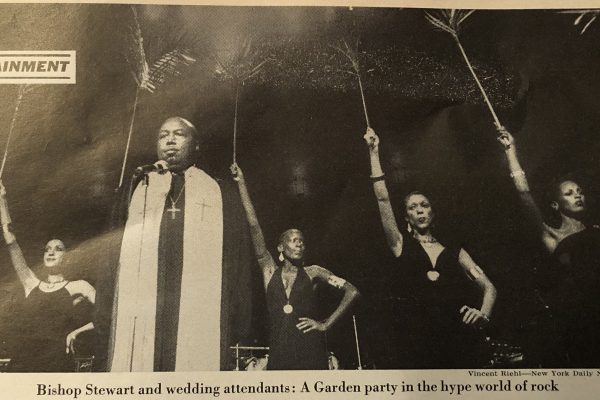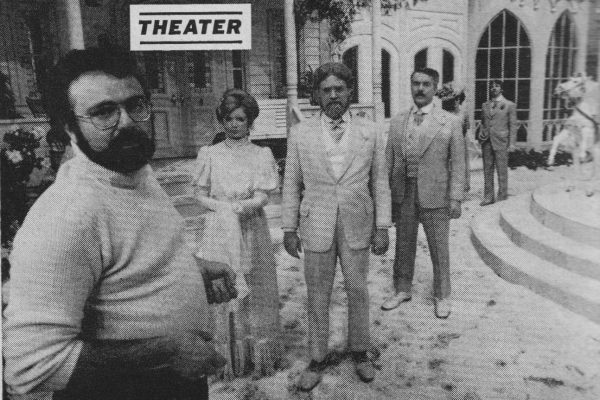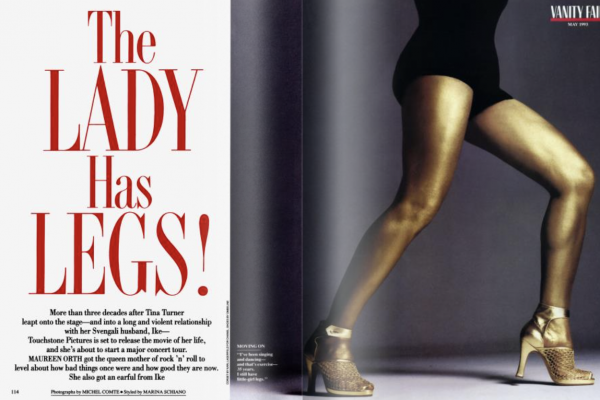Original publication: Newsweek, April 22, 1974. Page 67.
The city slickers and country bumpkins have had their say in pop music. Now let’s hear it for suburbia. Lately two boys from Long Island, N.Y., singer-songwriters Elliott Murphy and Billy Joel, both 24, have released albums that deal with middle-class blues – the dull monotony of growing up where your consciousness is defined by the perimeters of the shopping-center parking lot. Suburbia has been studied, polled and psycho-analyzed – but usually with words, not music. Now its children are singing back, and they’re finding pain in those split-levels. “Suburbia is an untapped vein musically,” says Murphy. “It’s also a terminal case of boredom.”
Mindless: The songs on Murphy’s Polydor album, “Aquashow,” deal with well-fed people whose souls are dead. With a driving beat, he makes fun of being a rock star, asks “How’s the Family?” and throws in a lament for Marilyn Monroe and an ode to “The Great Gatsby.” Joel leans more toward conventional love songs, though on his hit Columbia album “Piano Man”, he too makes melody of the psychological side effects of suburban sprawl. One song, “Stop in Nevada,” told from the woman’s point of view, is about a girl running away from her mindless marriage; “Captain Jack” is a portrait of the kids Joel grew up with – so bored all they know how to do is get high: “And if you can’t understand why your world is so dead/And you gotta keep in style and feed your head/Well, your 21 and still your mother makes your bed/And that’s too long.”
Both new talents are musically well-equipped. Joel is an outstanding piano player, and Murphy wields a mean electric guitar. A dandy who performs onstage in a white suit, blue silk shirt and cowboy boots, Murphy grew up in ease and comfort in Garden City, N.Y., with two Cadillacs in the family garage. Then his father (who produced Aquashow of Elliott’s album title) died suddenly, and Murphy ended up in a tiny house “that was as big as my bedroom used to be, and I realized it was much nicer living the old way.” The shock of losing his father prompted Murphy to consider how the people around him lived. In two of his songs he writes about the suburban mom whose life is empty now that her kids have grown up and gone away: “I saw your mother downtown yesterday . . . She told me all her kids had run away . . . And now the neighbors don’t talk no more/And late at night she listens to the wind under the door.”
Like John Prine, Bruce Springsteen and Loudon Wainwright III, Murphy has been touted as the new Bob Dylan. “More than entertainer,” he says “I consider myself a sort of rock journalist. This is my compromise because I’m not writing the great American novel.”
Escape: Ironically, Billy Joel is from Hicksville, N.Y. It’s more down-home and less chic than Garden City, and he paid his dues bouncing around five different record labels until he landed on Columbia and cut his first hit. Suburbia got to him, too. “The first thing on you mind when you got older,” he said, “was to escape – to get out of doing the same thing and seeing the same houses everywhere you look.” Joel took piano lessons for eleven years, faking Beethoven during practice hours by improvising “what my mother, who knew Beethoven pretty good, thought was Beethoven. Then I heard the Beatles and went bananas. I thought they were the greatest thing since Mozart.”He composed “Captain Jack” while living in Oyster Bay, N.Y., “when being a druggie was in full flower. I was kind of down on my own peer group,” he says. “I can understand but not condone somebody in the ghetto shooting up. What I can’t understand is why kids from Long Island should.” If anyone knew the answer, America would be a lot happier and the two suburban singer-poets
This article is typed from the original material. Please excuse any errors that have escaped final proofreading.



